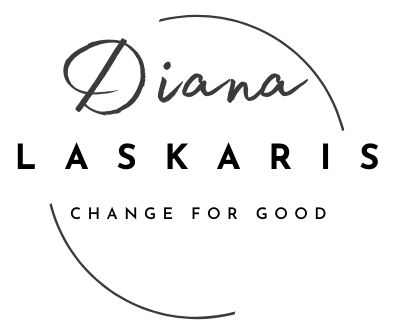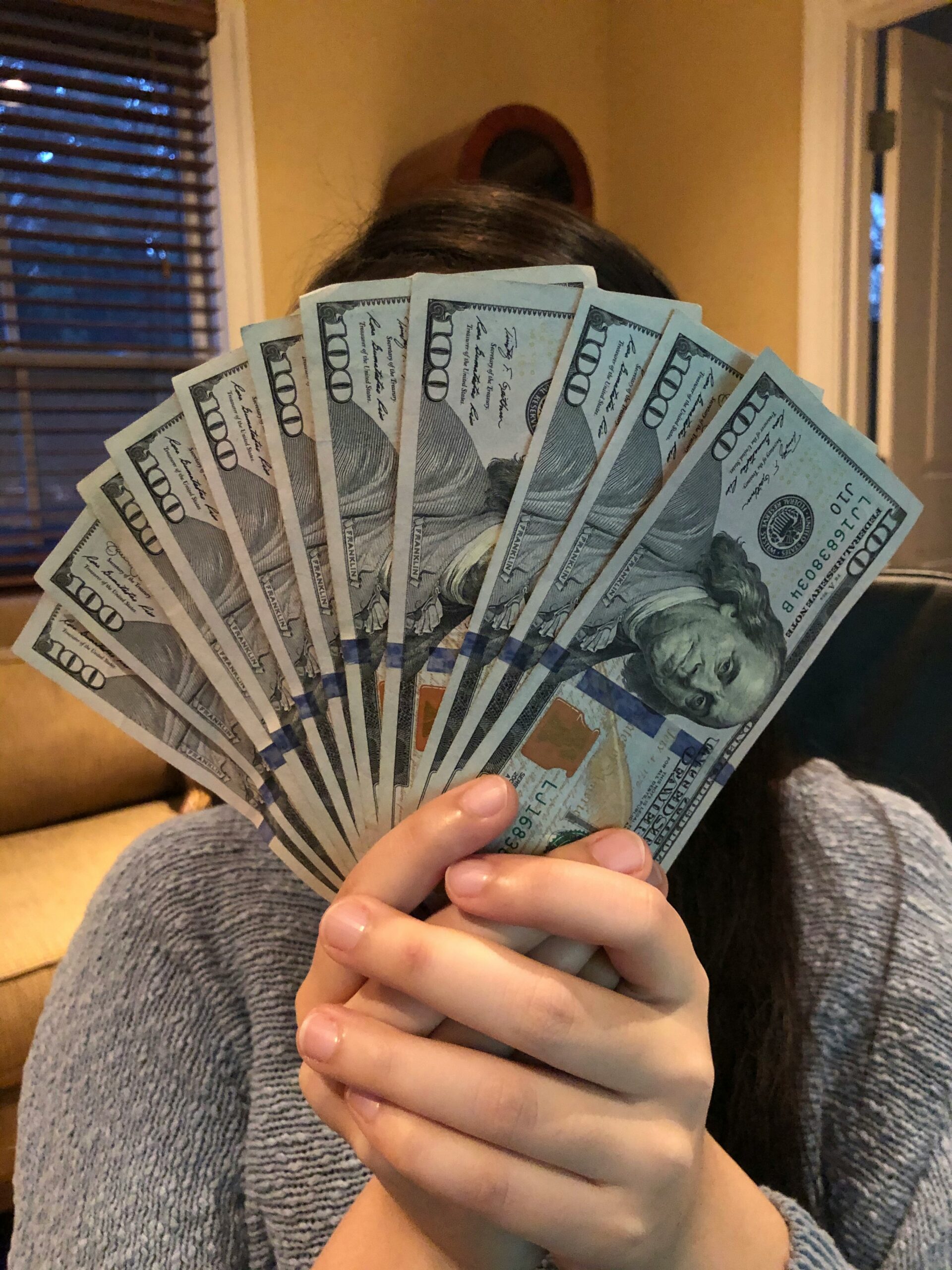We’ve all been there. The moment when you check your bank account and feel that familiar knot in your stomach. Bills are due, unexpected expenses have piled up, and the numbers don’t seem to add up. In those moments, being “rich” feels like a distant concept, something that only applies to other people.
But what if I told you that you’re already wealthy beyond measure? Not in the eye-rolling, cliché “money isn’t everything” kind of way, but in a genuine assessment of what true wealth means.
The Balance Sheet We Don’t See
When we think about wealth, our minds immediately jump to financial metrics like bank account balances, investment portfolios, and real estate holdings. Yes, those things matter. Financial security provides options and reduces stress. There’s no denying that.
But wealth exists on multiple ledgers, not just the financial one. And some of our most valuable assets never show up on a conventional balance sheet.
Consider your body for a moment. If you’re reading these words, you have a functioning brain capable of processing complex information. You have eyes that can distinguish between thousands of colors. Your hands can manipulate objects with incredible precision. Your lungs effortlessly supply fresh oxygen to keep you going without you even thinking about it.
The market value of functioning organs? The economic worth of a sound mind? They’re priceless, as we painfully learn if they’re taken away.
Yet how often do we include these assets when calculating our wealth?
The Portfolio of Relationships
Then there’s our social wealth. Think about the people in your life you would help in a crisis and those who’d drop everything to help you. The family members who offer a smile, a hug, a pat on the back without having to ask them. The work friends who know how to have fun and let you laugh, blow off steam, or complain without judging you.
These connections form a safety net more reliable than many investments. They provide emotional dividends through shared experiences. They offer intellectual returns through stimulating conversations, memories that last a lifetime.
I recently spoke with a freelance graphic designer who went through a period of financial strain after losing a major client. “What got me through wasn’t my emergency fund, which was embarrassingly small,” she told me. “It was my friend who knew someone hiring, my sister who watched my kids during interviews, and my former colleague who recommended me for contract work. My network was worth more than money in the bank.”
Knowledge: The Appreciating Asset
And what about the wealth of knowledge you’ve accumulated? Every skill you’ve mastered, every problem you’ve solved, every lesson you’ve learned. These are intellectual assets that appreciate rather than depreciate over time.
Unlike physical possessions that wear out or technology that becomes obsolete, knowledge compounds. The more you learn, the more connections you make, the more valuable your cognitive assets become.
When a 58-year-old auto mechanic I spoke with was laid off after 25 years, he credits his wealth of experience for resilience. “I knew how to fix things, how to work with people, how to show up consistently. Those skills transferred in ways I never expected. My experience wasn’t industry-specific, it was life-specific.”
The Currency of Time
Perhaps our most precious form of wealth is time. Each of us receives the same daily allowance of 24 hours, no more, no less. How we invest these hours helps determine our experience of richness.
Those who feel wealthy, regardless of their financial situation, have often mastered the art of time investment. They allocate their hours intentionally, spending them on activities that generate meaning, connection, and growth.
Bridging Perspectives
Now, if you’re thinking: “These intangible forms of wealth don’t pay the bills.” You’re absolutely right. We live in a material world that requires financial resources. Acknowledging our non-financial assets doesn’t negate the importance of monetary stability.
But here’s where perspective shifts can create practical change. When we recognize our complete wealth portfolio, our physical, social, intellectual, temporal assets, we can leverage these more effectively to improve our financial situation.
Practical Pathways to Enhanced Wealth
So how can we use our existing wealth to generate more, including the financial kind?
Invest in Connections
Your social network contains opportunities hiding in plain sight. The person you chat with at your child’s soccer game might need exactly the skills you offer. A former colleague might know about the perfect position opening up.
Rather than networking transactionally, focus on building genuine relationships. Listen actively. Offer help without expectation. Share your knowledge freely. These investments yield returns in unexpected ways.
I’ve personally found my best work situations from relationships that started out as friendships. Like my time in New York working in a game development company. I left an unhappy job and walked literally a block away to where my friend was a partner in an evolving company. I needed something to do and he needed someone to help manage his venture. My transition was seamless, and so much better. And we already knew each other, minimizing the risk for us both.
Apply Micro-Innovations
Your intellectual wealth enables you to identify small changes that lead to improvements over time. Look for tiny inefficiencies in your daily routine or spending patterns that you can make better.
Are you spending a few bucks everyday on a premium coffee fix? Try making your special brew at home. You can buy a pound of your favorite roast for the price of a few you buy and save hundreds of dollars a year. If you eat out a lot, exchange just a few meals a week for something you can make at home. If you know how to cook, it can be fun and if you don’t it’s a new skill to add. That’s money going back into your pocket that can really add up. It isn’t about sacrifice. It’s about applying what you already know more strategically.
Exchange Skills, Not Just Money
Your abilities have value beyond the paycheck. Consider skill exchanges that reduce expenses while strengthening community connections.
I have a deal with someone I’ve known a long time to exchange legal work for IT support. Neither of us needs a whole lot from the other, but rather than paying someone else when we do, we know that each of us is going to do a great job for the other. It basically evens out and is good to have someone who knows us ready to help.
Practice Time Alchemy
Transform “dead time” into productive time without sacrificing rest. During commutes, listen to useful podcasts. While exercising, contemplate solutions to challenges. When cooking, call that friend who always sparks creative ideas.
This isn’t about hustle culture or burning out. It’s about thoughtful integration of activities that serve multiple purposes simultaneously.
The Wealth Mindset
Ultimately, feeling rich isn’t just about having more. It’s about recognizing and optimizing what you already possess. It’s about developing a mindset that separates true wealth from consumerist stuff.
The next time financial anxiety creeps in, try this exercise: Make a comprehensive inventory of your complete wealth portfolio. Include everything from physical abilities to relationships, knowledge, skills, time, experiences, and yes, financial resources too.
Review this inventory regularly. Update it as you acquire new assets. Celebrate the wealth that grows even when markets decline.
Will this exercise immediately increase your bank balance? No. But it will reveal resources you might have overlooked that, when strategically applied, can generate both fulfillment and financial improvement.
You may just be surprised to find that when you stop focusing exclusively on what you lack financially and start leveraging what you have in other areas, opportunities emerge that you have been blind to before.
You are rich. Not in the billionaire, never-worry-about-money sense that our culture idolizes. But in the human sense that means so much more. You hold assets of great value. The question isn’t whether you’re wealthy, but how effectively you’re using the wealth you already have.
And that, ultimately, is something you have the power to change.

